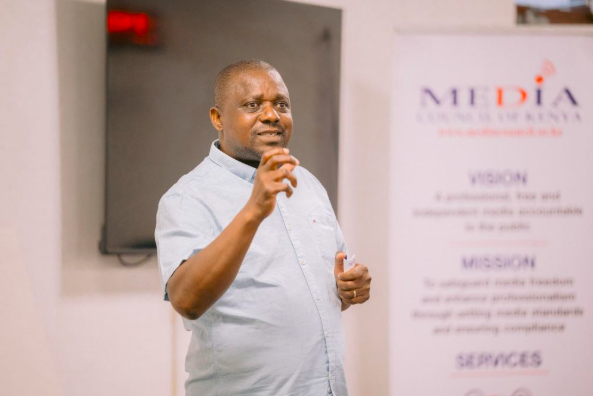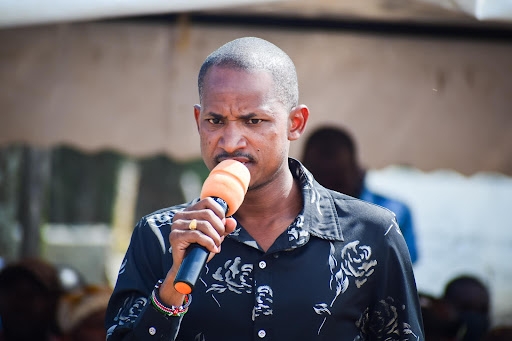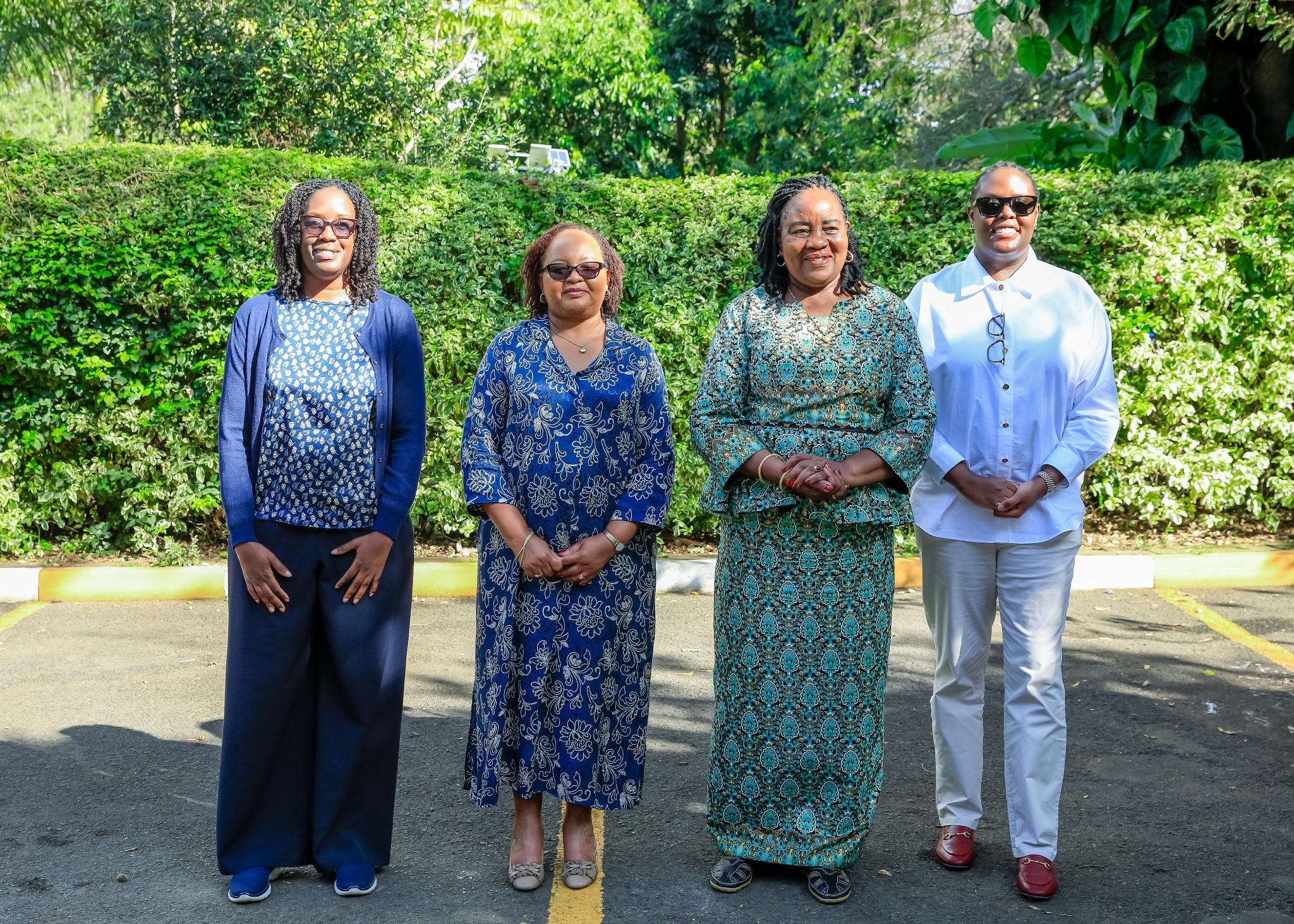
The reality of energy poverty facing Kenya just
like the rest of the countries in Africa is with us, and the government is
alive to this, thus mobiliSing Kenyans and investors towards handling the
situation. The Government seems intentional in pushing the realization of the
energy sovereignty in the country, as seen in the focus of 2025 Mashujaa Day
themed Transforming lives through sustainable energy solutions in Kitui.
In addition to focusing on improving sector policies, better management and opening of the sector, the government is making efforts to mobilize resources and investors, to grow the sector. Key policy and administrative actions noted that it’s possible to achieve this through reducing costs of renewal energy technologies making it the most viable energy source.
Kenya is highly endowed with several energy sources including geothermal, solar, wind and hydrological sources, which if harnessed through both government policies, private sector investment and private public partnership will end citizens struggle to access clean energy.
The country’s energy sector continues to be highly regulated, closed and left to public agencies, and little information including through the media is circulated to enhance understanding, regulation and opportunities that would allow other players to invest and create mass demand for energy by citizens. This has been very frustrating for private players/investors.
The Government Master Plan for the energy sector notes that given its position on the Equator- (4.5° South and 5° North), Kenya is endowed with very high solar resources, among the highest 10 of Sub-Saharan African countries.
For this reason, the Government is keen on the development and use of renewable energy sources including solar, which are vastly available for power generation in Kenya, in addition to being socially, economically and environmentally friendly.
The focus on the energy sector by the government, is not an isolated act, for a few years ago, President Ruto addressed the issue noting that Kenya is on a transition to 100% clean energy by 2030 and affirmed his commitment on the same.
Dr Ruto acknowledged that access to clean and improved cooking solutions as a contribution to Kenyans efforts towards adopting to climate change resilience remains a challenge because of financing.
He particularly noted that the clean cooking sector requires urgent attention, because its continued neglect will frustrate the country’s efforts towards dealing with pollution, improved health through decreased disease burden and mitigate adverse effects of climate change.
Among the challenges hindering access to energy in Kenya is the inability to apply new innovations and technological adaptations enhance production and distribution, reluctance by the sector to open to more players, poor marketing and inadequate financial investments.
However, the most overriding challenge to Kenyans realizing the benefits in the sector is lack of information on using clean energy, available energy options, health and economic advantages on using clean energy, which limits demand and reliance on single traditional energy source, and limits investment in the sector.
Knowledge and public awareness are critical in the revolution that is needed to deal with energy poverty in the country, as this will create demand, create a market and attract investors in the sector.
Public awareness and access to information on the policies, procedures and opportunities is critical for opening the sector, interesting investors to the sector and allowing reaping the benefits in the sector.
The media is a critical player in this endeavor, and the framing and setting agenda on the sector on eradicating the challenges in the sector. Availability of information, on specific costs, resource allocations and legislative frameworks through public databases and official websites, media space and related are very vital.
This kind of transparency builds public trust and facilitates foreign and domestic investments by reducing the friction caused by information scarcity.
In most cases the factors limiting access to cleaner and more efficient energy supply are not primarily of a technical/engineering nature - inventing more products will on its own make little difference but public mobilization, information on advantages that come with use of clean energy, push for enabling policy environment for increased investment among others.
The media has a substantive role to play if Kenyans will solve the challenges in the energy sector. Besides and at basic level, informing and educating people about the nature of the sector is a necessary requisite for participation in the decision-making process on issues affecting the local communities.
For the media to effectively play its public education, agenda setting roles, a more in-depth approach to coverage of the renewable energy sector should be used. This will require that the media changes its framing on adoption of renewable energy as a public interest issue, offer possible solutions to challenges in the sector and help the country focus citizens on use of renewable energy.
It’s desirable that media prioritize critical information and stories on opportunities in the energy sector and inform local communities and the citizenry at large on potential impacts of such activities.
The government has made it clear in several policy statements including in the Vision 2030 that it is committed to ensuring access to clean energy a key priority. Use of clean cooking technologies will reduce the country's annual disease burden attributable to Household Air Pollution from 49 per cent (21,560) to 20 per cent.
Improved cooking technologies also reduce the amount of time women and girls spend collecting fuel, giving them the opportunity to pursue education, training and economic activities in addition to the fact that high efficiency cooking stoves lead to even larger benefits in time and energy saving, hence also contributing to reduction of emissions.

















